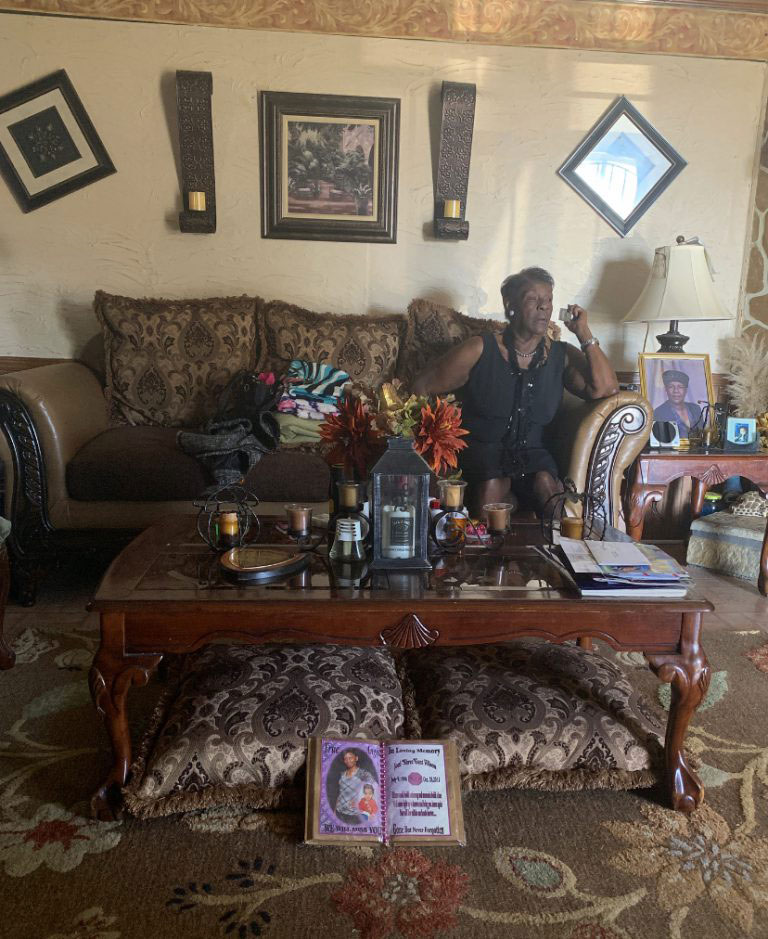Journalism Students Document a ‘Jewel’ in Rural Mississippi
Reporting on high school football was among the last things my classmates and I had anticipated when we enrolled in an audio-journalism course last fall. But in October, during Princeton’s fall break, the 10 of us sat huddled on the cold metal bleachers of John F. Kennedy High School in Mound Bayou, Miss., waiting for the evening’s game to kick off.
We had expected the class to focus on the civil rights era. We quickly discovered that Mound Bayou was full of stories that stretched far beyond its history.
To be sure, the town’s history is significant — Mound Bayou was the first all-black town founded in the United States. In 1887, two former slaves purchased the land in hopes of creating a self-sufficient black community. As the town’s mayor, Eulah Peterson, explained to us, “Generally history says it was an experiment to see if ex-slaves could found a place and govern it and make it work. If you did it for your master, you could do it for yourself.”
The mayor and a few community members welcomed us warmly on our first night there. We gathered around tables, eating fried catfish and collecting contact information for potential sources. Our days were packed with interviews with nurses, farmers, elementary school students, football players, small business owners, community leaders, advocates, and others.
Listen to “Jewel of the Delta” online at http://bit.ly/jewelofthedelta
We brought these stories with us back to campus, producing “Jewel of the Delta,” a documentary podcast series of nine episodes about Mound Bayou’s difficulties and promise, from the closure of the town’s high school to the fight for black businesses and land ownership.












No responses yet